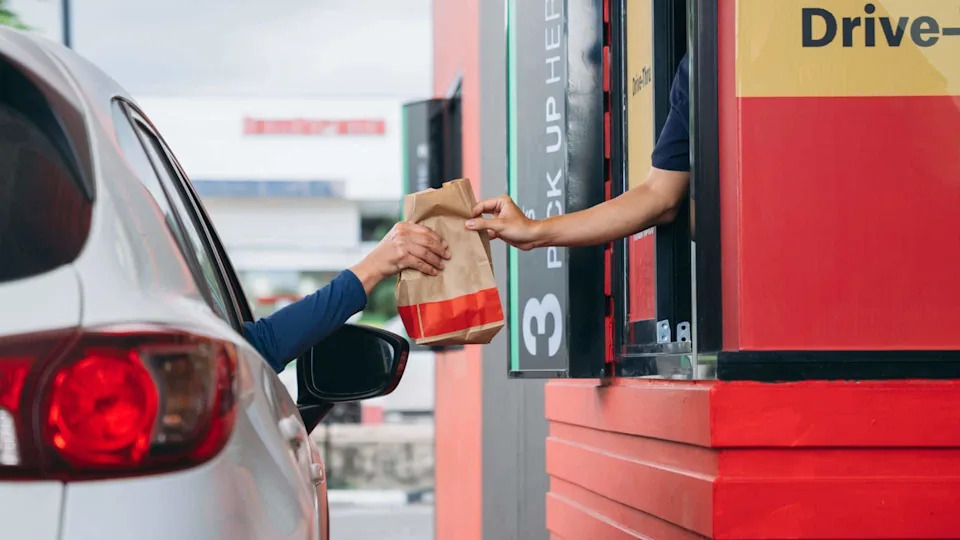Food costs continue to rise, and many families are seeking ways to reduce their grocery expenses. According to USDA data, food prices in July 2025 were approximately 2.9% higher than in July 2024. For households already juggling bills, that means fewer extras, more meals cooked at home, and finding ways to cut expenses. An online discussion recently highlighted the clever frugal habits people use to cut costs, and it’s worth taking notes.
The story
The poster asked a simple question on Reddit, “What’s the most frugal thing you do?” The person admitted that they were not the most frugal person, but liked saving when they could. They asked the community to share the kinds of habits that might raise an eyebrow in others. The discussion revealed how everyday people cut corners without feeling deprived.
The reactions
One of the many responses admitted that they no longer use food delivery services. “I never ever get food delivered,” one person wrote. Another added, “We do not live paycheck to paycheck and are pretty comfortable. I don’t think we’ve ever had food delivered, and we only had groceries delivered once during the COVID lockdown. We get takeout occasionally but drive to pick it up.”

For many, delivery is not only more expensive because of fees and tipping, but also unnecessary when pickup is an option. Some pointed out that restaurants often post in-store specials that apps don’t usually show. Delivery may make sense during lockdowns or for people who don’t drive, but otherwise, picking up food remains the cheaper option.
One user explained how meal planning helps them cut costs, “I have a whiteboard in my kitchen that lists all my meat and frozen meals. I even had a list of all the pantry items I have, including those with expiration dates and the dates when they were opened. That was before kids, but this was the best system with little to no food wastage for me.” Meal planning like this can prevent bulk purchases and keep track of food before it spoils.
Others said they eat strictly based on what’s about to expire. “Eat all of my food in order of when it will expire instead of what I’m in the mood for,” one wrote. Another added: “We generally freeze all soon-to-be-expired items or cook them off and or either eat them or freeze them after cooking.” Freezing the food is a great option for those who want to reduce expenses. Not only does it help in controlling costs, but frozen food is also perfect when you are not in the mood to cook.
Food waste is a significant issue worldwide. In the United States alone, 30 to 40 percent of the food supply is wasted. Next time you are throwing scraps, remember that you can use them in homemade broth, compost for your garden, or even bake them into breads and muffins. You can also pickle certain vegetables or fruits, such as watermelon rinds.
Rising costs have also affected pet owners. Those who have pets know how expensive it can be to feed them, in addition to other costs. One pet owner shared, “The last few months, I’ve been making my cats’ food using meat completer. I used to buy several brands of premium canned cat food, and it’s become too much of a luxury. Making half of their meals saves money, without compromising quality and nutrition.”
One user shared his hack for making coffee, to reduce the costs, “Using a paper towel as a coffee filter. A guy I once dated showed me this hack, and I haven’t purchased filters since.”
Some even tend to save a lot on food when traveling. Frequent flyers know that eating out while traveling can be expensive, but there are ways to save on food. One person wrote: “Pack a suitcase full of pantry foods, snacks, and spices so I don’t have to buy more food at my vacation destination. Obviously, on an airline that allows two free checked bags.”
For travelers heading to places where food is more expensive, packing canned food, packs of noodles, or protein bars can help you take care of meals without paying at costly restaurants for food that may taste bland.
Other frugal tips you can follow
There are many other ways to cut back on your expenses without giving up on everything. These are a few practical tips:
Buy in bulk. Items such as rice, pasta, flour, beans, and oats are often more affordable when purchased in bulk. Stored properly, they last for months and allow you to create numerous meals with them.
Cook at home. Even simple meals, such as pasta or stir-fry, cost a fraction of what restaurant takeout would. You can do batch cooking on weekends, which will save you both time and money.
Use produce wisely. Seasonal fruits and vegetables are fresh and usually inexpensive. You can buy them in bulk and freeze the extra produce. You can also use the trimmings for soup or stock to avoid food waste.
Choose budget-friendly foods. Buy foods such as eggs, potatoes, carrots, lentils, and canned tuna. These foods are simple, filling, and cost less. You can make delicious meals with them without compromising on your health and budget.
Shop with a list. Shopping without a plan often leads to impulse purchases. Write down what you need, and stick to it. It will help keep your grocery budget under control.
The takeaway
Frugality doesn’t always mean cutting back on everything. For many families, it’s the routine choices they can do without, such as picking up food instead of paying for delivery or tips, planning meals for the week ahead, or even using food scraps in recipes.
Sometimes, the smallest decisions can help make a difference in your budget. Your wallet doesn’t care if dinner came from a fancy bag or your own kitchen!

